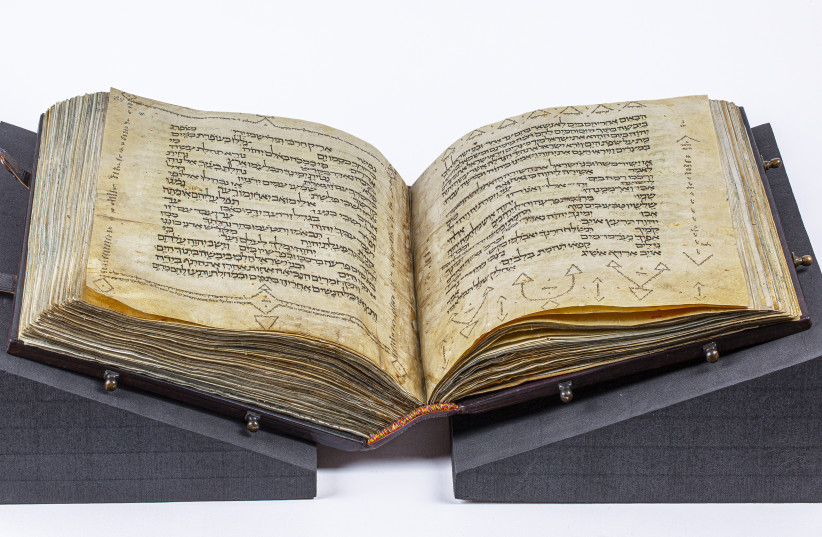The title, AZAZEL and Other Jewish Stories, says a lot about this book. These are specifically Jewish stories, and unlikely to be appreciated or understood without a background in what is commonly called Yiddishkeit.
Author Yaacov Peterseil, the proprietor of SherlockS hat store in Jerusalem, was born in 1946 in a displaced persons camp to Holocaust survivors, who later moved to the US. And his background strongly influences his writing. In his preface, he states that his writing flits between so many genres that only 3+ people will enjoy all the different genres he covers.
So, as someone who, in the absence of other reading material, reads the nutritional value on breakfast cereal boxes, I thought this was going to be my kind of book. To make it easier for folks who might not have such eclectic taste in reading material, the author divided the contents into five categories: Comedy – five stories; Holocaust – four stories; Bible – eight stories; Horror – three stories and Drama – seven stories.
Jewish stories of comedy, Holocaust, horror, drama, and Bible
Being someone who would appreciate each and every story, and as I’d been given the book to review, I started to read the book from start to finish. As is my custom when reading a book for review on Shabbat, I had a stock of sticky labels to put on pages I would later refer to. That was a mistake. To try to read this book in one sitting is like trying to eat a rich five-course meal or overindulge in alcohol – you’ll get indigestion or a hangover.
But as a book, to be dipped into, to be savored a little bit at a time, that’s very satisfying. Did I enjoy all the stories? I would be dishonest if I said I did. But each of the stories had something valuable in them, in that they made me think. Sometimes it was to ponder on the motives and feelings of the characters, sometimes to ponder about the motives and feelings of the author.

A lot of the characters from Peterseil’s American background could just as easily be found in any affluent Jewish area where you find second-generation immigrants who have “made it.” We’ve all had or met someone who has the embarrassing uncle (“My Purim Surprise”) depicted in the Comedy section. We’ve all known someone who has had an embarrassing story to tell of the first meeting with the future in-laws (“No Joking” in the Comedy section). And while laughing, there’s the slight undercurrent of second-hand embarrassment and the slightly sneaky feeling that really, one shouldn’t be laughing.
One story in the Comedy section in particular (“Achilles’ Heal”) had me laughing rather guiltily at someone’s pain and misfortune. But there you are – maybe I have a “banana-peel” sense of humor. In fact, there have been things that have happened to me when I said to myself, “If this was happening to someone else, would you laugh?” And more times than not, the answer is “Yes.” This made me wonder if parts of the book weren’t the author’s efforts to put to rest his own ghosts. Not that the stories are any the worse for that.
Sometimes the stories cross categories, and it would be interesting to know why the author thought the story “The Dice” belonged in the Drama section rather than in the Comedy section, although it does have a hefty dose of pathos in it.
In the Bible section, the author displays his obviously deep knowledge of Bible and Talmudic studies. In this section, you will find stories showing a completely different side to the characters that are in the Bible. Of course, we all have our imaginings about biblical characters, or any historical characters for that matter. And who is to know at this distance of time, who really did do or say what?
I am curious as to why the author chose the story “Azazel” in the Bible section as the title and presumably the representative story for the book. Except that the picture on the cover, part of a painting by artist and sculptor Menashe Kadishman, makes for a very striking and eye-catching cover. Kadishman was famous for his paintings of sheep, while the story is about a goat, specifically the scapegoat. Maybe the mix in the categories and the inability to know the sheep from the goats are all part of the irony of the book. ■
- AZAZEL and Other Jewish Stories
- Yaacov Peterseil
- Zmanma Publishing, 2023
- 240 pages; NIS 77
- Available on Amazon. Orders can be made via (02) 563-7155. Free shipping in Israel.
